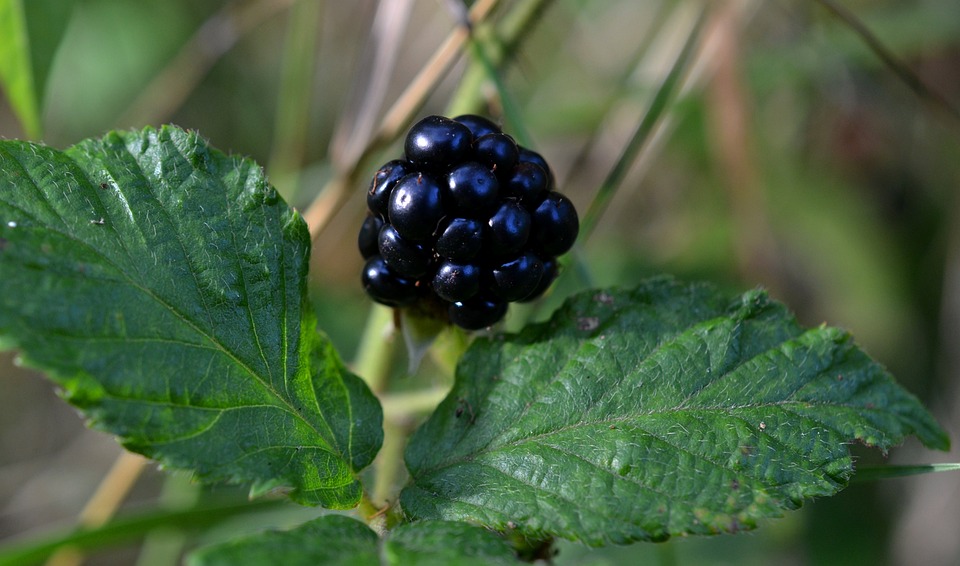Introduction
Edible gardens have gained popularity in recent years as people are becoming more interested in growing their own food and enjoying the freshness and flavors of homegrown produce. The concept of garden-to-table is all about cultivating a garden and using the harvested ingredients in your everyday cooking.
The Joy of Growing Your Own Food
Nothing compares to the joy you feel when you see the seeds you planted sprout into seedlings and eventually transform into fully-grown plants. The process of nurturing your own garden brings immense satisfaction and a sense of accomplishment.
The Superior Flavor of Homegrown Produce
One of the primary reasons people turn to garden-to-table practices is the superior flavor of homegrown produce. When fruits, vegetables, and herbs are harvested at their peak ripeness, they are packed with flavor and nutrients.
Exploring a Wide Variety of Ingredients
Another advantage of having an edible garden is the opportunity to explore a wide variety of ingredients that may not be easily available in grocery stores. By growing your own produce, you can experiment with unique and heirloom plant varieties that offer different colors, textures, and flavors.
The Benefits of Sustainability
Garden-to-table practices contribute to a more sustainable lifestyle. By growing your own food, you can reduce your carbon footprint by minimizing transportation and packaging waste. Moreover, you have complete control over the use of pesticides and fertilizers, making it easier to adopt organic farming practices. Edible gardens are also an excellent way to utilize kitchen scraps for composting, reducing the amount of waste that ends up in landfills.
FAQs Section
Q: What kind of vegetables can be easily grown in an edible garden?
A: Many vegetables can be easily grown in an edible garden, including tomatoes, lettuce, cucumbers, peppers, carrots, and beans. These vegetables are relatively low-maintenance and provide great yields for home gardeners.
Q: How much space is needed to start an edible garden?
A: The amount of space required depends on the type and quantity of plants you wish to grow. Even if you have limited space, you can utilize containers, raised beds, or vertical structures to maximize your growing area. Herbs and small vegetables can thrive in containers, while larger plants like tomatoes and cucumbers may need more room.
Q: Are edible gardens suitable for individuals with limited gardening experience?
A: Absolutely! Edible gardens are suitable for individuals with all levels of gardening experience. Starting small with a few pots of herbs or easy-to-grow vegetables is a great way to learn and build confidence. There are plenty of resources available, such as online tutorials and community gardens, that can provide guidance and support throughout the gardening journey.




